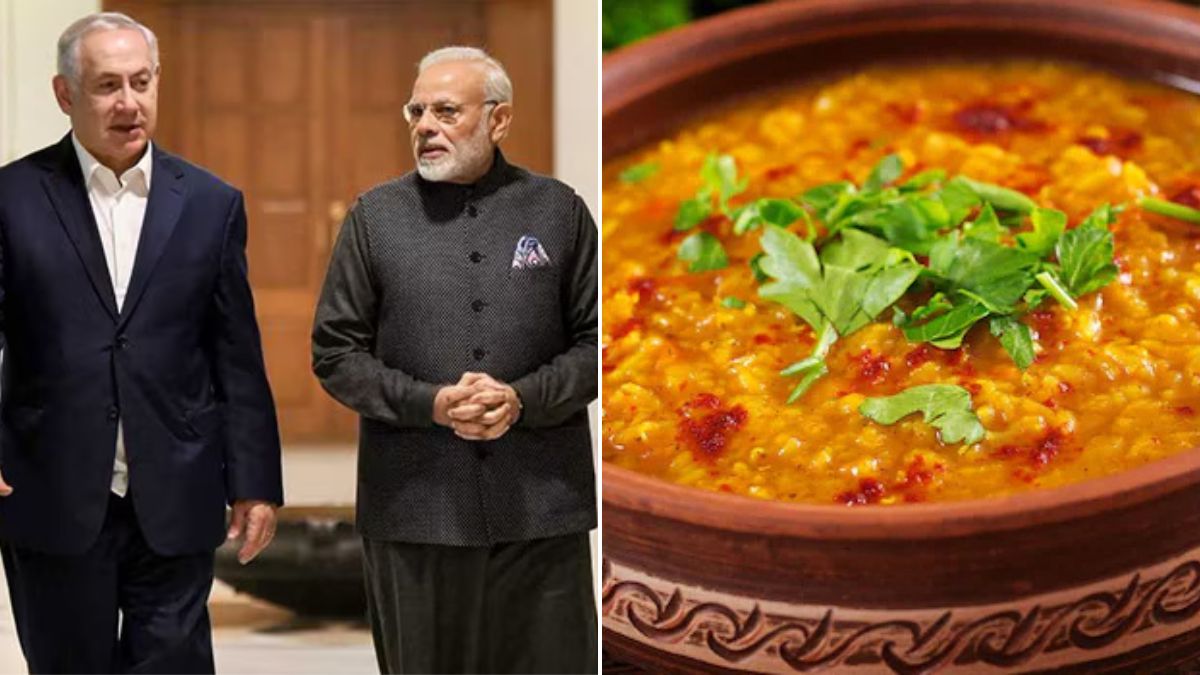A well-balanced outlook to nutrition has far reaching benefits for a long and healthy life. Eating right is important for all of us throughout our lives, but ladies who are planning to become moms or are pregnant need to pay attention to their dietary needs a little bit more. The extras are needed for foetal growth, maternal tissue expansion during pregnancy and for milk secretion during lactation. Eating healthy helps the baby develop and grow healthy. Research has confirmed that the health of an individual is determined by the health of a mother even before conception and that eating patterns have a direct effect on the long term health of a child - from womb to grave. Getting it right during this phase in a woman's life is not all that tough. Nature provides us with enough and more foods loaded with nutrients and health benefits. The density of crucial nutrients may vary in different foods, but it's all easily available around us. So, all that you need to do during pregnancy is have a wide variety of fresh ingredients to ensure wholesome nutrition for the baby and yourself.
(Also Read: Pregnancy Eating Tips: Dietary Do's and Don'ts Pregnant Women Must Ensure)

During pregnancy is have a wide variety of fresh ingredients to ensure wholesome nutrition for the baby and yourself.
Do Pregnant Women Need To Eat For Two?
Do you need to eat for two? Not really. Of course, the nutrient requirements of a pregnant woman do go up; calories to minerals and vitamins are all needed in larger amounts but there is a method to this and does not mean that you need to overeat. Pay attention to eating balanced meals that provide your body with all the essential nutrients in the amounts needed.
How Much Weight Gain is Healthy During Pregnancy?
Pregnancy demands an extra 150Kcal/day in the first trimester and 350Kcals/day in the 2nd and 3rd trimester according to FAO/WHO. For an average Indian woman with a pre-pregnancy weight of 55Kg, ICMR expert group 2010 suggest the following additional calories for a 10 Kg and 12Kg weight gain respectively.
Additional Calories Required/Day For 10Kg/12Kg Weight Gain
| 12 kg increase | 10 kg increase | |
|---|---|---|
| 1st trimester | 85 cal/day | 70 cal/day |
| 2nd trimester | 280 cal/day | 230 cal/day |
| 3rd trimester | 470 cal/day | 390 cal/day |
| During 2nd & 3rd trimester | 375 cal/day | 310 cal/day |
What To Eat When You Are Pregnant | Pregnancy Diet | Healthy Eating During Pregnancy
Carbohydrates are the primary source of energy which is the most important nutritional requirement for our bodies to function at an optimal level. In addition to calories, healthy carb sources also provide vital nutrients like vitamins, minerals and healthy fibre.
Choose Healthy Carb Sources Over Empty Calories During Pregnancy
Unprocessed or minimally processed whole grains like wheat, barley, ragi, oats, bajra and corn are good options to choose from for your pregnancy diet. Legumes, milk, vegetables and whole fruits are also healthy sources of energy rich carbohydrates.
(Also Read: Pregnancy Diet Tips: 8 Food and Diet Tips Pregnant Women Must Ensure)
Proteins To Eat During Pregnancy
Proteins are the most important building block of every cell in our body. Pregnant and lactating mothers need a higher amount of protein for the ever increasing volume of blood component in the mother and for optimal development of the baby. NIN (National Institute of Nutrition) suggests an additional 0.5g protein for the first trimester, 6.9g for the second and 22.7g for the third trimester, respectively.
Sources of Protein: Animal proteins are a better quality because they contain all the 9 essential amino acids needed by our body. Lean unprocessed meat, chicken, fish and eggs are all sources of quality protein. In the vegetarian section milk, cheese, paneer and other milk products are the top-of-the-list choices. Legumes and lentils, especially when taken in combination with whole grains assures better quality protein and is enough to provide for healthy protein intake. Nuts and seeds are another source of healthy proteins.
Dairy Products During Pregnancy
Dairy products provide the most important Calcium for a mother-to-be. Calcium is a mineral that the growing foetus requires for proper formation of bones and teeth. Milk is also an essential nutrient for children.
Sources: Cow and buffalo milk, soy milk, paneer, cheese, yogurt , chaas, lassi.
Fruits & Vegetables During Pregnancy
Fruits and vegetables provide the body with vitamins, minerals, antioxidants and fibre. They help alleviate constipation, a common problem during pregnancy, by adding roughage to the diet. This also helps in better digestive health which means better absorption of nutrients.
Recommended amounts are 5 serving of seasonal fresh fruits and veggies daily.
(Also Read: Three Essential Nutrients for Every Pregnant Woman)

Fruits and vegetables provide the body with vitamins, minerals, antioxidants and fibre.
Fats & Sugars During Pregnancy
Fats and sugars are required to meet the daily calorific targets, though many pregnant women may end up consuming more than is required. The trick lies in selecting the right source and, of course, in the right quantity. Excessive intake of high fat and sugar foods adds up to empty calories which further leads to unhealthy weight gain. Too much of saturated fats may increase your risk of cardiac diseases too.
Sources of healthy fats are peanut oil, sunflower oil, rice bran oil, mustard oil, linseed oil and desi ghee in moderation.
Balancing each meal will help you eat your quota of all essential nutrients.
In the third trimester small frequent meals may be a better option.
Snacking healthy is another way of achieving your nutritional goals. Instead of just reaching out for ready-to-eat snacks choose the traditional homemade ones like ladoo, panjiri, mathis made fresh in small batches. These are still high-fat and sugar-foods so limit the quantities. Other snacks you can choose are roasted nuts, popcorn, bhelpuri, grilled paneer tikka, bhuna chana, dhokla, multigrain bread sandwiches.
Foods To Eat During Pregnancy | Nutritious Foods For Pregnant Women
| Nutrient | Food Source |
|---|---|
| Energy | Rice, wheat and tapioca Dry nuts and seeds Coconut and groundnut |
| Protein | Dals and legumes.Nuts and seeds.Fish, meat, egg white. cheese, khoya, skimmed milk powder, whole milk powder, paneer. |
| Beta-carotene | Green leafy vegetables, pumpkin, green chillies, carrot, mango , papaya. |
| Folic Acid | Amaranth, ambat chukka, mint, spinach, bengal gram, black gram, green gram, red gram, gingelly seeds, soybean |
| Iron | Bengal gram leaves, amaranth, radish leaves, cauliflower greens |
| Calcium | Ragi, bengal gram (whole), horse gram (whole), rajmah, soyabean, amaranth, curry leaves, knol-khol leaves |
| Vitamin C | Agathi, cabbage, coriander leaves, drumstick leaves, capsicum, amla, guava |
Eat healthy, eat tasty and enjoy the most happy part of your life.
Disclaimer: The opinions expressed within this article are the personal opinions of the author. NDTV is not responsible for the accuracy, completeness, suitability, or validity of any information on this article. All information is provided on an as-is basis. The information, facts or opinions appearing in the article do not reflect the views of NDTV and NDTV does not assume any responsibility or liability for the same.
About Rupali DattaRupali Datta is a Clinical Nutritionist and has worked in leading corporate hospitals. She has created and lead teams of professionals to deliver clinical solutions for patients across all medical specialties including critical care. She is a member of the Indian Dietetic Association and Indian Association of Parenteral and Enteral Nutrition.








